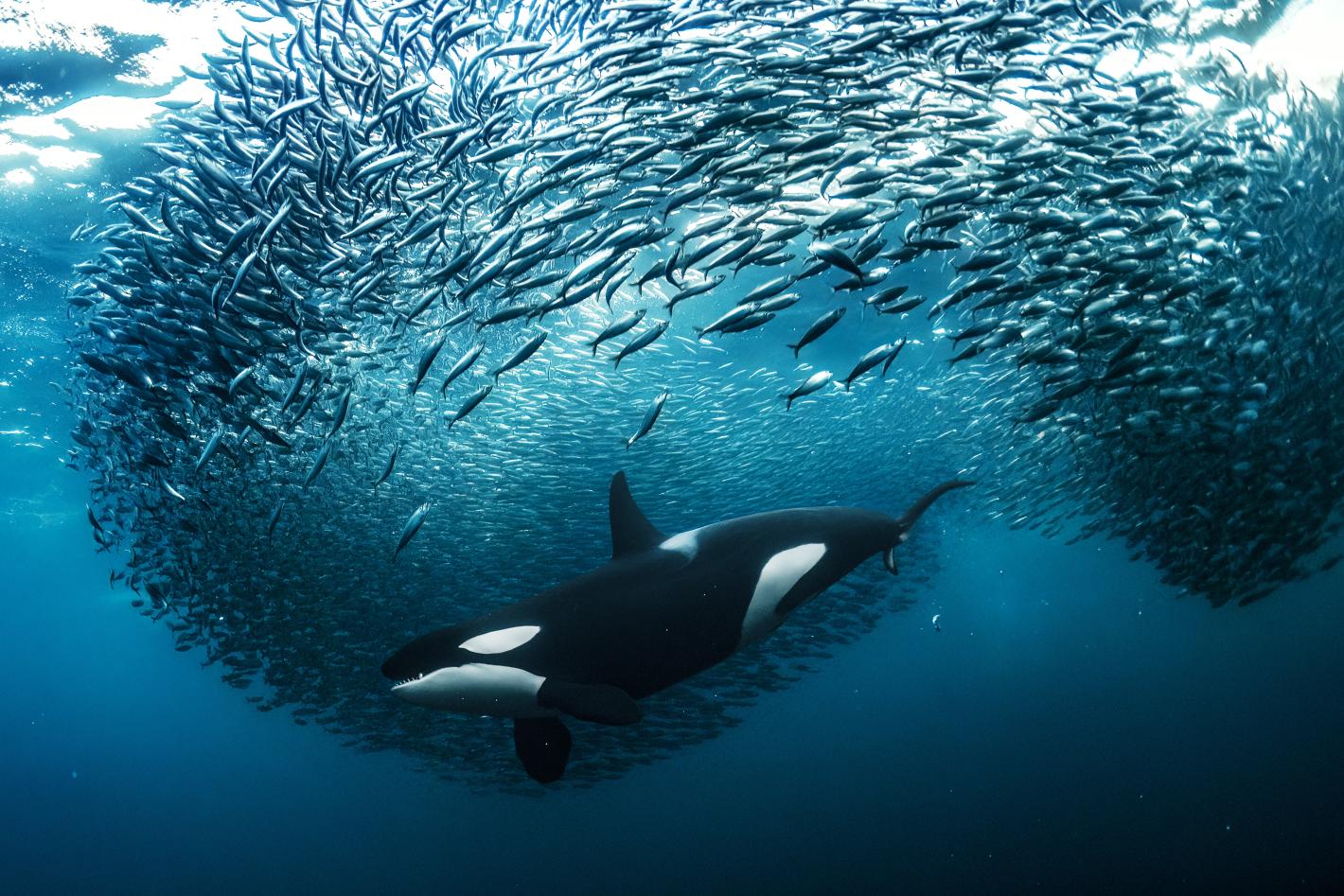UN Discusses Marine Biological Diversity in Areas Beyond National Jurisdiction

The final panel of the 2025 UN Ocean Conference in Nice, France, emphasized the importance of a robust legal framework for ocean governance, highlighting the need for enhanced regulations and protections. Speakers discussed the critical role of the United Nations Convention on the Law of the Sea (UNCLOS) in addressing challenges related to marine conservation, human rights, and the sustainable use of ocean resources. The panel underscored the significance of international cooperation in managing the ocean’s vast and shared resources, particularly in areas beyond national jurisdiction.
Legal Framework for Ocean Governance
The panel discussion, moderated by François Alabrune, the French Ambassador in The Hague, focused on the theme of enhancing ocean conservation through international law. Elinor Hammarskjöld, Under-Secretary-General for Legal Affairs, highlighted the adaptability of UNCLOS in response to evolving political, social, and scientific challenges. She noted the recent consensus on the Agreement on Marine Biological Diversity of Areas Beyond National Jurisdiction, which aims to protect nearly two-thirds of the ocean. This agreement, along with ongoing negotiations to reduce plastic pollution and greenhouse gas emissions, showcases the Convention’s pivotal role in fostering international collaboration for marine protection.
Leticia Carvalho, Secretary-General of the International Seabed Authority, emphasized that no single nation holds sovereignty over areas beyond national jurisdiction, making collective responsibility essential. She pointed out that the deep seabed, which constitutes 54 percent of the ocean, is recognized as the common heritage of humankind. The Authority is tasked with regulating mineral-related activities in these regions, ensuring that exploration does not lead to exploitation. Carvalho also stressed the importance of capacity-building and technology transfer, noting that these are legal obligations under UNCLOS.
Human Rights and Ocean Conservation
Grethel Aguilar, Director-General of the International Union for Conservation of Nature, called for a focus on human rights within the context of ocean governance. She highlighted the impact of climate change, pollution, and destructive fishing practices on vulnerable communities, particularly Indigenous Peoples and small-scale fishers. Aguilar referenced an advisory opinion from the Inter-American Court of Human Rights, which affirmed that states have a duty to protect human rights amid the climate crisis. She emphasized that for many Indigenous communities, safeguarding the ocean is not just an environmental concern but a spiritual obligation tied to their cultural identity.
Aguilar also pointed out the necessity for inclusive governance structures to implement the Agreement on Marine Biological Diversity effectively. She noted that small island nations and Indigenous groups often lack the resources to participate in multiple international conferences. Her organization has been actively involved in supporting these communities, providing expertise and developing accessible guides to facilitate understanding of complex legal agreements.
Integrating Science and Law
Lan-Anh Nguyen, Vice-President of the Asian Society of International Law, discussed the fundamental role of UNCLOS in establishing a legal framework for sustainable marine resource exploitation. She highlighted the Convention’s obligations to protect the marine environment and promote scientific research and technology transfer, particularly for developing countries. However, Nguyen also pointed out the gap between existing legal frameworks and emerging marine technologies, such as satellite monitoring and artificial intelligence. She advocated for the integration of scientific advancements into treaty-making processes to ensure that legal frameworks remain relevant and effective.
The panel concluded with an interactive discussion involving representatives from member states and civil society, emphasizing the collaborative effort needed to address the complex challenges facing the world’s oceans. The insights shared during this session underscored the critical intersection of law, science, and human rights in the pursuit of sustainable ocean governance.
Observer Voice is the one stop site for National, International news, Sports, Editor’s Choice, Art/culture contents, Quotes and much more. We also cover historical contents. Historical contents includes World History, Indian History, and what happened today. The website also covers Entertainment across the India and World.

